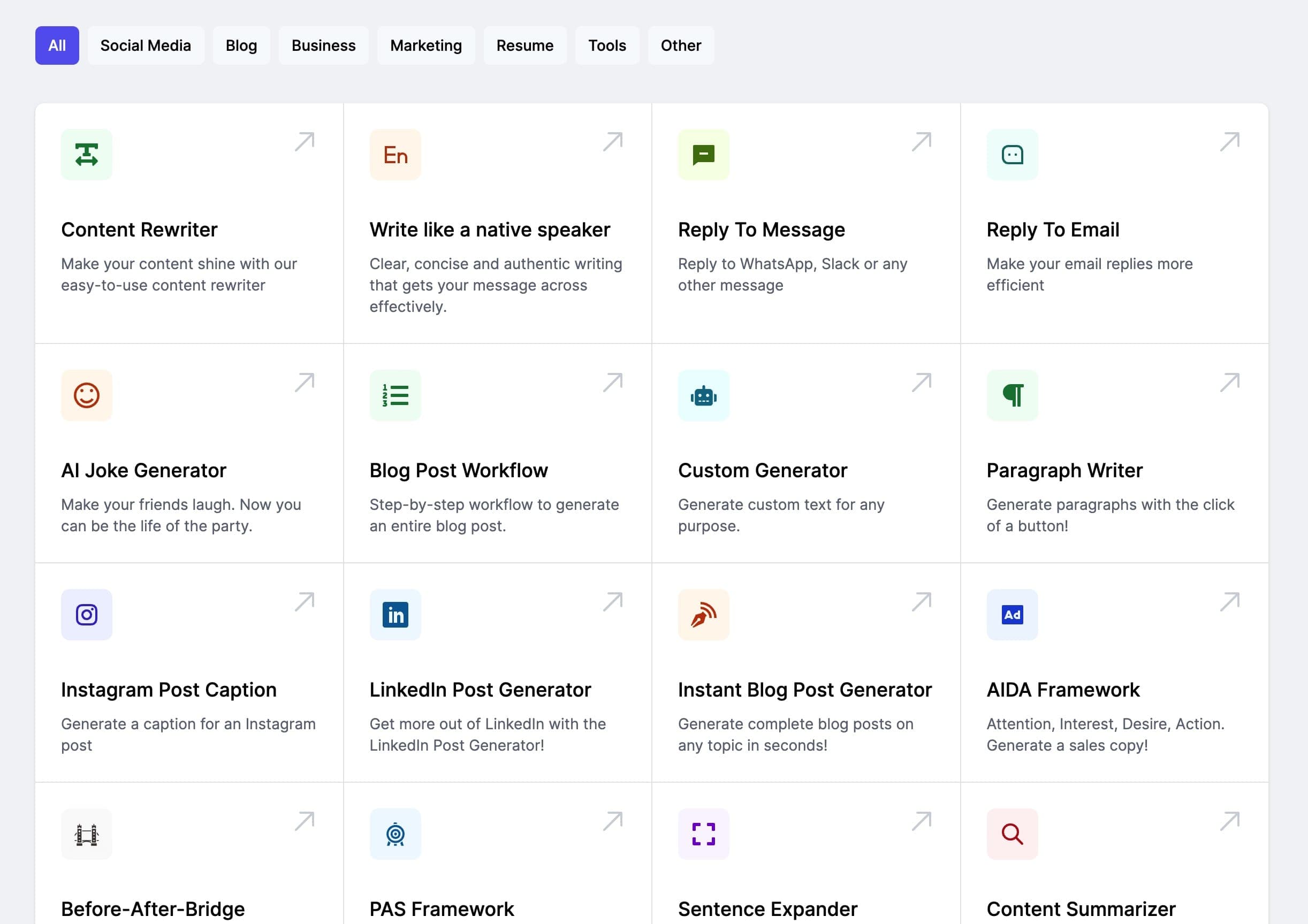AI Conference in Singapore
Attending the AI Conference in Singapore was both an enlightening and transformative experience. Held over three days at the Marina Bay Sands Expo and Convention Center, the conference gathered some of the brightest minds in artificial intelligence from around the globe. It offered a plethora of workshops, keynote speeches, and panel discussions centered around the latest innovations, ethical considerations, and future trajectories of AI technologies.
Initial Reactions:
Upon entering the vast, bustling conference hall, I was immediately struck by the energy and passion emanating from both the speakers and attendees. There was a palpable sense of being at the cutting edge of technological advancement. Initially, I felt a mix of excitement and intimidation, given the complex topics and high caliber of participants. However, as the conference progressed, my apprehension gave way to a profound curiosity and eagerness to absorb as much knowledge as possible.
Lessons Learned:
The conference served as a deep dive into the current state and future potential of AI. One significant takeaway was the importance of ethical AI development. A keynote speech by Dr. Ai Hua emphasized that "as we create increasingly autonomous systems, the line between machine and human decision-making blurs, making it crucial to establish robust ethical frameworks." This resonated with me deeply, highlighting the role of responsibility in innovation.
Another lesson came from a workshop on natural language processing (NLP), where I learned about the advances in AI's ability to understand and generate human language with stunning accuracy. It was particularly fascinating to see how these technologies are being used to break down language barriers and enhance global communication.
Future Applications:
The insights gained from the conference have profoundly influenced my perspective on my work and future projects. In my role as a data analyst, I am inspired to explore how NLP tools can be integrated into our analytics platforms to glean deeper insights from textual data. Moreover, the discussions on ethical AI have motivated me to advocate for and contribute to developing guidelines in my work environment that ensure fairness, transparency, and accountability in our AI applications.
Additionally, I plan to share the knowledge and experiences from the conference with my peers through a series of internal presentations and discussion groups. This will not only enrich our collective understanding but also foster a more knowledgeable and ethical approach to AI projects within our team.
Conclusion:
Reflecting on the AI Conference in Singapore, I am grateful for the numerous learning opportunities it provided and the professional connections I made. The event was a catalyst for my growth in understanding the multi-faceted nature of AI technologies and their impact on society. It challenged me to think critically about the role of technology in our future and empowered me with the knowledge to contribute to its development in a responsible manner. Moving forward, I am committed to applying these lessons to both my personal and professional life, ensuring that AI is used as a force for good. The conference not only expanded my knowledge but also refined my vision for the future of technology, marking a pivotal step in my ongoing career journey.
